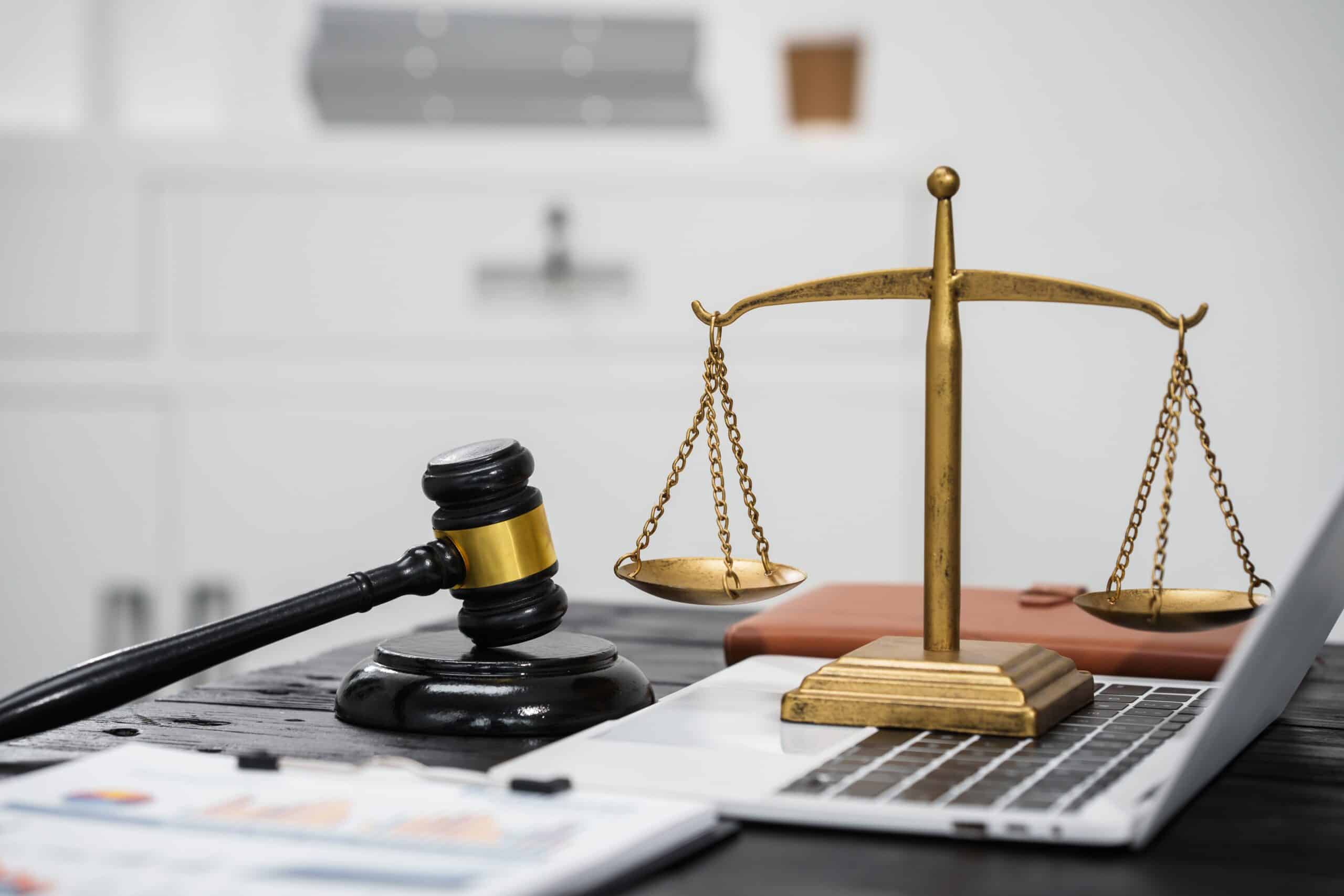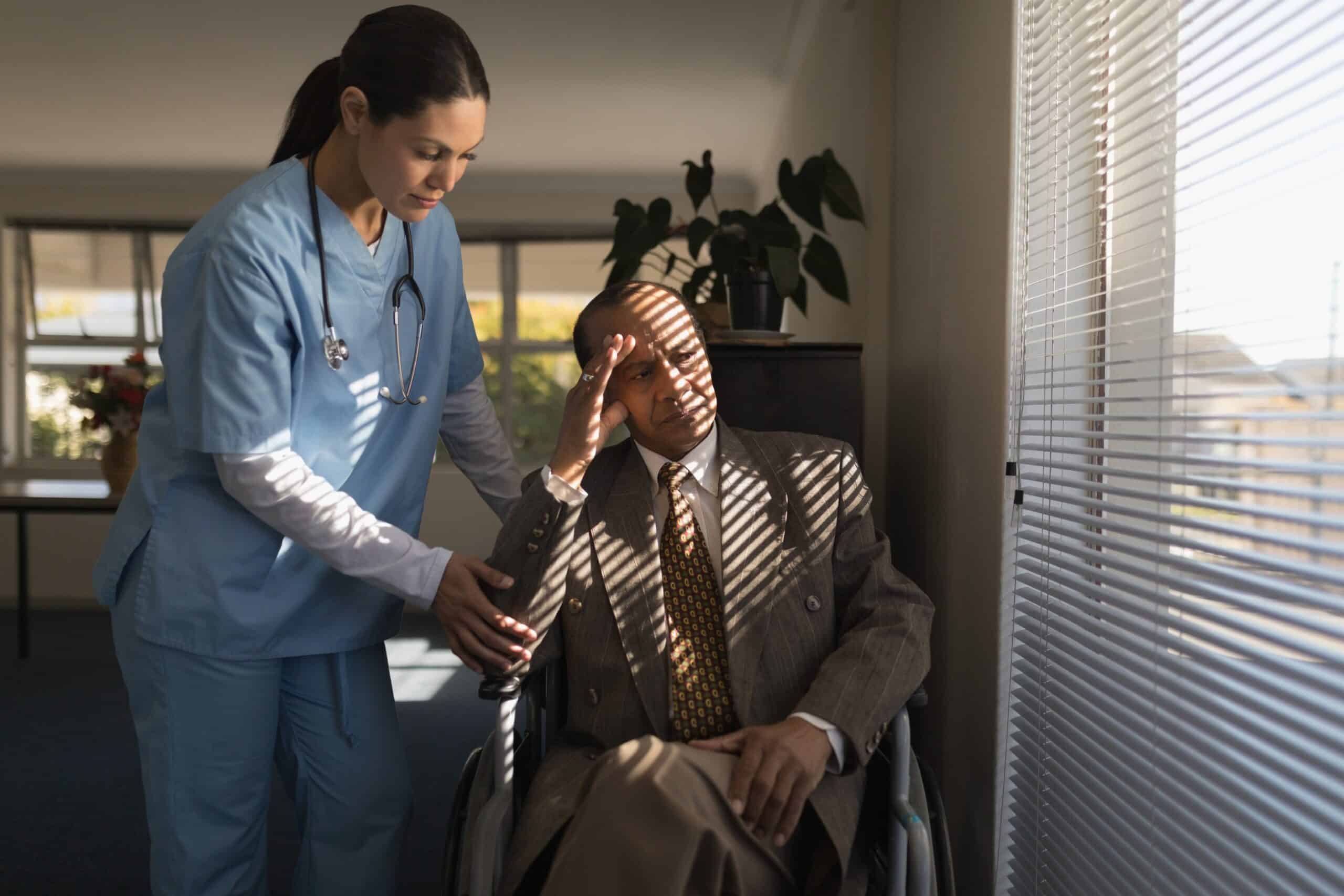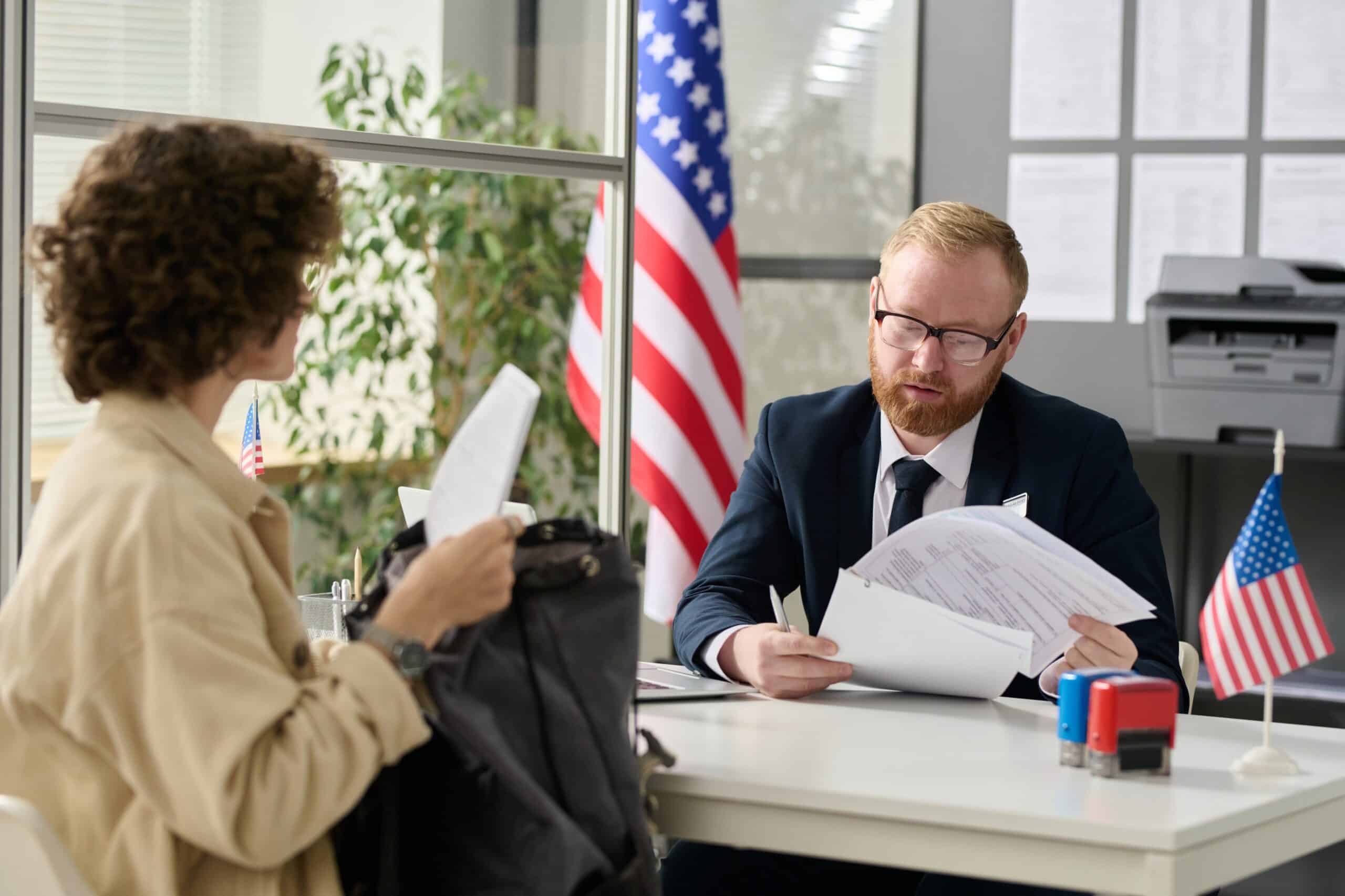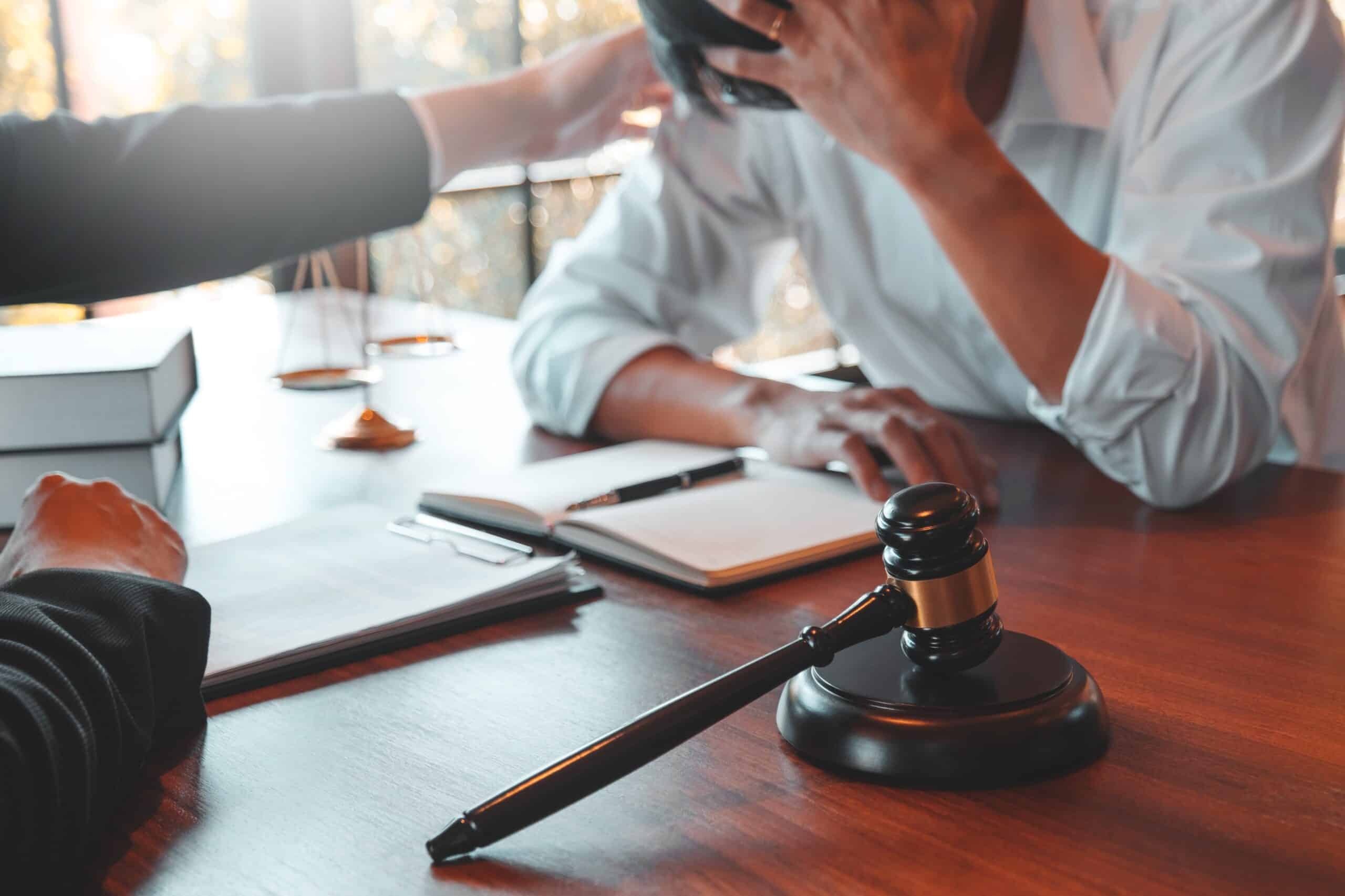Legal Essentials Every Startup Founder Should Know – Guest Post

Building a successful startup takes more than just creativity and determination. Any company is based on legal safeguards, which secure intellectual property, guarantee compliance, and help to avoid future conflicts. Ignoring important legal obligations results in expensive errors, endangering long-term stability and hindering development. From business structure to contracts and legal responsibilities, every founder has to understand fundamental legal principles influencing company operations. Early establishment of a robust legal framework helps to lower unneeded risks and liabilities and enable flawless growth.
Choosing the Right Business Structure for Long-Term Success
The legal structure of a startup has a direct impact on liability, taxation, and operational flexibility. Choosing the correct entity guarantees protection for personal belongings while optimizing financial efficiency. A partnership divides accountability among several stakeholders, whereas a sole proprietorship offers simplicity but exposes the founders to personal liability. Providing legal separation between personal and business assets, limited liability companies (LLCs) and corporations lower financial risk while offering scalability. Particularly C-corps, companies attract startups looking for outside finance since they offer a consistent structure for venture capital financing. For smaller companies with fewer shareholders, S-corporations provide tax advantages. Knowing the long-term effects of any kind of business structure guarantees financial viability and legal adherence. Early integration assures the legal basis required for future expansion and helps to avoid ownership conflicts.
The Role of Contracts in Protecting Business Interests
Contracts govern business relationships by specifying responsibilities, payment terms, and dispute-resolution procedures. Clear, legally binding contracts help to avoid misunderstandings and create responsibility among vendors, partners, and staff members. Employment contracts specify employment roles, compensation, and confidentiality terms meant to protect proprietary information. Agreements for independent contractors guarantee that external contributors work under legally enforceable terms. Profit-sharing plans, decision-making power, and departure methods specified in partnership agreements help to avoid co-founder conflict. Contracts between suppliers and customers set expectations, therefore reducing the possibility of legal conflicts about delivery, cost, and service standards. Well-written agreements foster transparency and confidence in corporate processes while offering legal defense. Strong contractual policies build corporate links and help to avoid legal vulnerabilities.
Intellectual Property Protection for Competitive Advantage
Intellectual property (IP) is one of the most valuable assets for any startup. Securing copyrights, trademarks, and patents guarantees exclusive rights to branding, inventions, and intellectual material. A trademark protects a company’s name, logo, and slogan, preventing competitors from using similar identifiers. Patents grant exclusive rights to innovative products and processes, offering a competitive advantage in the market. Copyrights protect textual, visual, and digital items, including books, marketing materials, and software, as well as tools. Ignoring IP protections causes legal conflict and financial loss. Early registration of intellectual property creates ownership in case of infringement claims and helps to avoid unauthorized use. Sensitive company data is further protected by non-disclosure agreements (NDAs) and confidentiality agreements. A complete IP plan improves long-term market placement and guarantees the unique identity of a startup.
Compliance with Regulatory and Employment Laws
Startups operate under a legal framework that requires compliance with federal, state, and local regulations. Following employment rules guarantees fair labor practices, correct worker classification, and adherence to wage and hour laws. Legal fines and financial obligations follow from misclassifying staff members as independent contractors. To avert legal issues, workplace policies must complement anti-discrimination laws, harassment prevention strategies, and safety rules. Startups managing consumer data are affected by data privacy laws, which call for following industry-specific standards such as the California Consumer Privacy Act (CCPA) and the General Data Protection Regulation (GDPR). Businesses in particular sectors are covered by environmental, health, and safety rules, so guaranteeing ethical and legal obligations. Ignoring legal criteria leads to fines, lawsuits, and reputation damage, impeding company expansion.
Legal Guidance and Risk Management for Business Stability
Managing the complexity of corporate legislation calls for professional direction to minimize risk and guarantee compliance. From contract negotiations to entity creation to intellectual property protection, a knowledgable startup company lawyer offers necessary legal support. Legal advice guides founders in structuring business agreements, foreseeing possible liabilities, and effectively handling conflicts. Preventative legal strategies reduce the possibility of expensive litigation and regulatory penalties. Constant legal evaluations point to areas of danger and enable preventative changes to corporate operations. Startups benefit from regular contract reviews, updated compliance policies, and risk management strategies that keep up with changing regulations. Early establishment of a legal safety net guarantees stability and helps the company to be positioned for long-term viability. Founders who give legal readiness priority help to preserve their vision and promote long-term development.
Conclusion
Every business has to run under a disciplined legal framework to safeguard its assets, alliances, and future for expansion. Strong contracts, intellectual property protection, correct corporate structure building, and regulatory compliance maintenance help to avoid expensive legal losses. Startups lay the groundwork for long-term success by proactively managing risks and overseeing legal compliance.



















